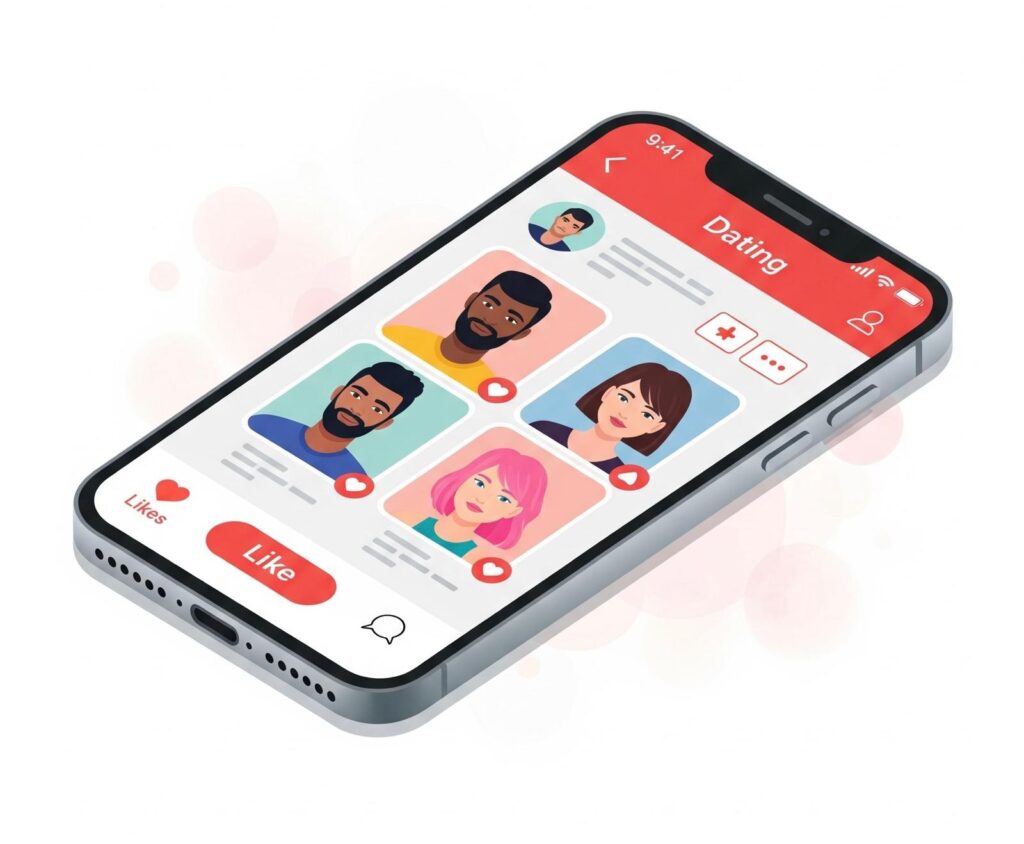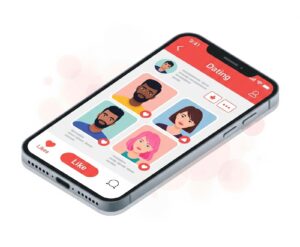This article examines various funding options available to individuals with disabilities beyond the National Disability Insurance Scheme (NDIS). It aims to provide comprehensive insights into alternative sources of financial support, including government programs, non-profit organizations, community initiatives, and private funding opportunities.
Introduction
While the NDIS offers substantial support to people with disabilities in Australia, it’s crucial to recognize alternative funding avenues. These alternatives can be vital for those who may not qualify for NDIS, require additional support, or seek specific services not covered by the scheme.
Government Programs
Disability Support Pension (DSP)
The DSP is designed for individuals who cannot work due to a permanent physical, intellectual, or psychiatric condition. It provides financial support and is accessible to those meeting specific medical and non-medical criteria.
Health Care Card
This card offers discounts on prescription medicines and other health services for low-income earners with a disability.
State-based Programs
Various states and territories offer additional support programs. These include transport concessions, rehabilitation services, and equipment funding.
Non-Profit and Community Organisations
Charitable Trusts and Foundations
Numerous non-profits provide grants and assistance specifically for people with disabilities. These funds often cover areas like education, medical equipment, and accessibility modifications.
Community Grants
Local community organizations sometimes offer grants or assistance to individuals with disabilities. These grants can support various needs, from adaptive technology to specialized therapies.
Private Funding and Insurance
Private Health Insurance
Some private health insurance plans offer coverage for therapies and equipment not fully covered by the NDIS or Medicare.
Crowdfunding
Platforms like GoFundMe have become popular for raising funds for specific needs, such as medical treatments, mobility devices, or home modifications.
Corporate Sponsorship and Donations
Corporate Social Responsibility Programs
Many corporations have programs to support community members, including those with disabilities. These can range from direct financial assistance to providing resources or services.
In-kind Donations
Businesses may offer products or services as donations. This can include medical equipment, therapy services, or accessibility tools.
Educational Scholarships and Grants
Universities and educational institutions often provide scholarships and grants for students with disabilities, helping cover tuition, accommodation, or equipment costs.
Conclusion
While the NDIS plays a crucial role in supporting Australians with disabilities, alternative funding routes are essential to ensure comprehensive support. These alternatives offer diverse options catering to specific needs and circumstances, thereby enhancing the overall accessibility and quality of life for individuals with disabilities.
Note: The information provided is based on the current funding landscape as of 2023 and may be subject to change. It’s advisable to consult with a financial advisor or disability support specialist for personalised guidance.
How to get in touch
If you or your patient/NDIS clients need immediate mental healthcare assistance, feel free to get in contact with us on 1800 NEAR ME – admin@calmandcaring.com.
Discover more from Therapy Near Me
Subscribe to get the latest posts sent to your email.






